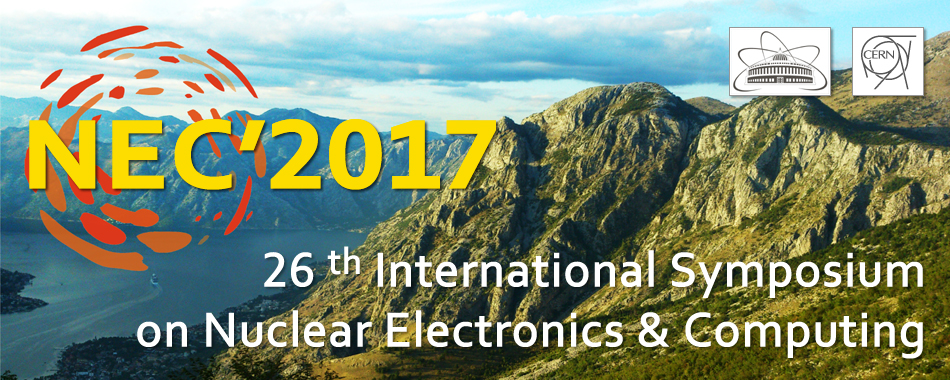Speaker
Sarah Demers
(CERN)
Description
By 2026 the High Luminosity LHC will be able to deliver to its experiments at CERN 14 TeV proton-proton collisions with an order of magnitude higher instantaneous luminosity than the original design, at the expected value of 7.5 × 10^34 cm−2s−1. The ATLAS experiment is planning a series of upgrades to prepare for this new and challenging environment, which will produce much higher data rates and larger and more complex events than the current experiment was designed to handle. A broad physics program prepared for this fourth LHC run is driving the full upgrade plan, which will involve major changes in the detectors as well as in the trigger and data acquisition system. The detector upgrades themselves present new requirements but also new opportunities for radical changes in the trigger and data acquisition architecture. This presentation will describe the baseline architectures established for different luminosity scenarios, while also detailing ongoing studies into new system components and their interconnections. The overall challenge here is to meet low latency and high data throughput requirements within the limits given by technological evolution. One key aspect driving the design is the need for rate reduction, which will be based on easily identifiable high momentum electrons and muons. However, hadronic final states are also becoming important for investigations of the full phase space of the Standard Model and beyond. This is motivating the inclusion of both higher resolution first-level trigger information and a new hardware tracking system. The high throughput data acquisition system and the commodity hardware and software-based data handling and event filtering are also key ingredients to ensure maximum efficiency in recording data and processing. A discussion on the physics motivations and the expected performance based on simulation studies will be presented, together with the open issues and plans.
Author
Jiri Masik
(on behalf of the ATLAS TDAQ speakers committee)

